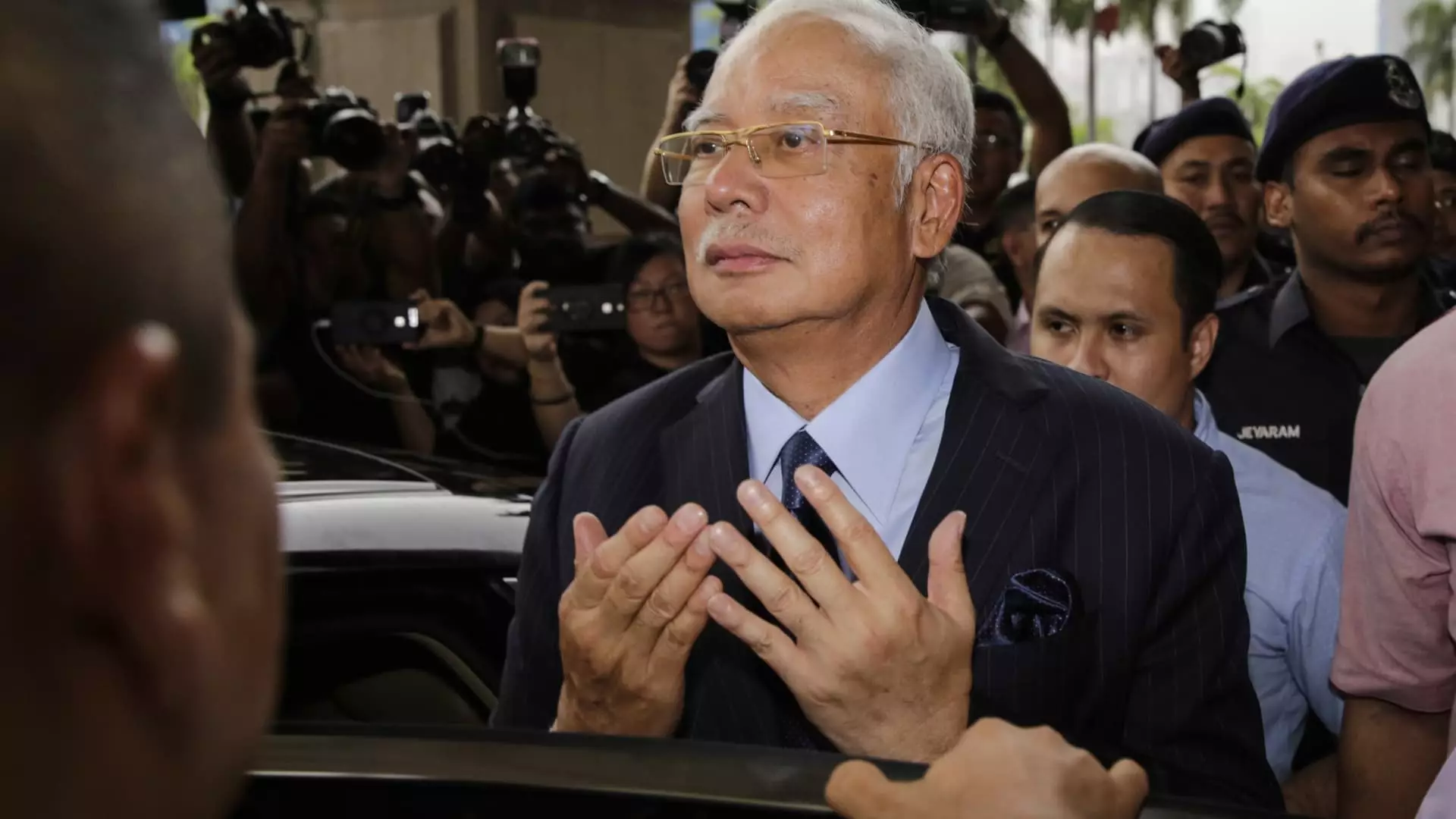In a move that has raised eyebrows and sparked outrage, the jail sentence of former Malaysian premier Najib Razak, who was convicted of graft and money laundering in connection with the notorious 1MDB scandal, has been halved. The decision has cast doubt on Prime Minister Anwar Ibrahim’s commitment to fighting corruption and has led to further questions about the integrity of the country’s anti-corruption efforts.
Anwar Ibrahim campaigned on a strong anti-corruption platform, promising to clean up Malaysia’s political landscape. However, his decision to join forces with Najib’s tainted party, the United National Malays Organisation (UMNO), has led many to question his true dedication to the cause. With the reduction of Najib’s sentence, which follows a series of dropped graft cases against Najib and other UMNO leaders, it appears that the Anwar administration may be backsliding on its promise to bring corrupt politicians to justice.
Controversial Background: The 1MDB Scandal
Najib Razak’s conviction is linked to the massive 1MDB scandal, which involved the misappropriation of billions of dollars from the state fund. Investigators estimate that a staggering $4.5 billion was stolen, with over $1 billion channeled into accounts connected to the former premier. The scandal has been the subject of international scrutiny, tarnishing Malaysia’s reputation and raising serious concerns about corruption within the country’s political elite.
Under the reduced sentence, Najib, who began serving a 12-year jail term in August 2022, will now be released in 2028. Additionally, the fines imposed on him have been significantly reduced from 210 million ringgit ($10.59 million) to 50 million ringgit. The decision to halve Najib’s sentence has been met with widespread criticism, as it appears to be a lenient punishment for such serious offenses. Many argue that this sends a dangerous message that those in positions of power can evade accountability for their actions.
Throughout his legal battles, Najib has consistently maintained his innocence, claiming that he was deceived by fugitive financier Jho Low and other 1MDB officials regarding the origin of the funds. According to Najib, he believed that the money in question was actually donations from the Saudi royal family. Despite these claims, Najib remains on trial for several other cases related to corruption at 1MDB, leaving the possibility of further legal repercussions.
Role of Malaysia’s King and Pardons Board
Malaysia’s king holds a largely ceremonial position but has the discretionary power to grant pardons to convicted individuals. The Pardons Board, which advises the king, includes the attorney-general and government officials. In Najib’s case, his application for a royal pardon was among five other bids reviewed by the board. However, the board’s statement did not provide any explanation for the decision to halve Najib’s sentence, leaving many baffled and skeptical about the transparency and fairness of the process.
The reduction of Najib Razak’s jail sentence has ignited a firestorm of controversy in Malaysia. The move has not only raised concerns about Prime Minister Anwar Ibrahim’s commitment to combating corruption but has also called into question the effectiveness of the country’s anti-corruption efforts as a whole. As Malaysia grapples with this high-profile case, it must confront the deep-rooted issues of political corruption and work towards rebuilding trust in its institutions. Only through robust and transparent anti-corruption measures can Malaysia hope to restore its reputation and promote a fair and just society.

Leave a Reply